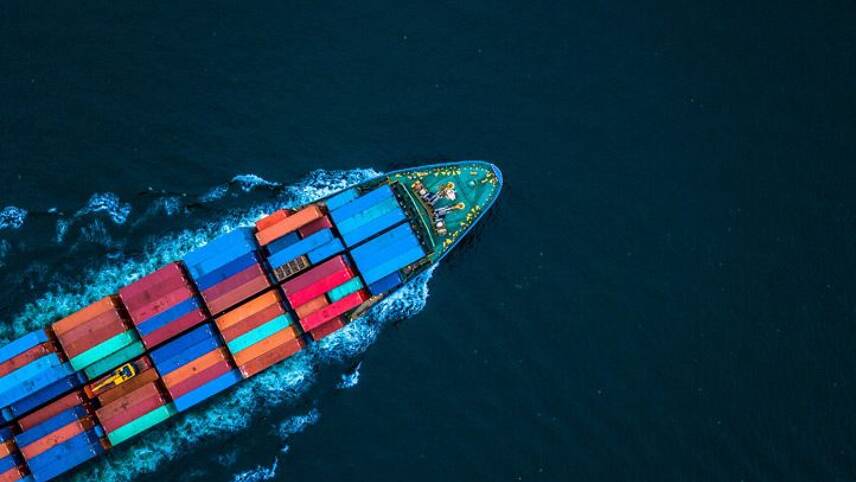Register for free and continue reading
Join our growing army of changemakers and get unlimited access to our premium content

The Government is also providing an additional £7.4m in funding for universities to work together and establish a new Clean Maritime Research Hub
The £77m funding has been made available through the Zero Emission Vessels and Infrastructure (ZEVI) competition. The competition will be overseen by Innovate UK and funding will specifically target “well-developed” solutions that can be scaled.
Successful projects will be chosen to work with major UK ports and operators to launch a zero-emission vessel by 2025 at the latest. The Government is targeting technologies such as battery electric vessels, shoreside electrical power, low-carbon fuels like hydrogen or ammonia and wind-assisted ferries.
Transport Secretary Mark Harper said: “When it comes to tackling climate change, we are taking action on all transport modes, which is why we’re making sure our world-leading maritime sector has a greener future.
“This multi-million-pound investment will help the latest tech ideas become reality and ensure UK waters will play host to green cargo ships, ferries and cruises in the next few years. Our funding will support a cleaner freight system, a more environmentally friendly tourism industry, and a net-zero maritime sector.”
The latest funding forms part of the UK Shipping Office for Reducing Emissions (UK SHORE) programme launched in March 2022 with £206m in funding, to help the sector reach net-zero.
As part of today’s announcement, the Government is also providing an additional £7.4m in funding for universities to work together and establish a new Clean Maritime Research Hub.
Domestic approach
The UK’s Transport Decarbonisation Plan sets out how the Government will decarbonise every mode of transport. The Plan pledges to “plot a course to net-zero” for the UK domestic maritime sector. This looks set to include indicative targets from 2030 and to reach net-zero “as early as is feasible”.
As part of the Plan, the Government is running a series of consultations on a planned phase-out on the sale of new non-zero emission domestic vessels and will extend the Renewable Transport Fuel Obligation (RTFO) to support renewable fuels of non-biological origin used in shipping.
Last year, the Government outlined plans to stop ships from running their engines or using diesel generators while berthed, replacing this practice with new infrastructure that will connect them to onshore electricity.
The UK was one of more than a dozen nations signing a new declaration on the creation of zero-emission shipping routes between ports at COP26. The so-called ‘Clydebank Declaration’ is aiming to establish at least six corridors by the mid-2020s, which are likely to be shorter routes, and to add “many more routes”, including long-haul routes, by 2030.
Shipping is currently responsible for around 3% of global CO2e emissions, but researchers for the European Parliament believe this proportion could rise to 17.5% by mid-century without a step-change in approach.


Please login or Register to leave a comment.